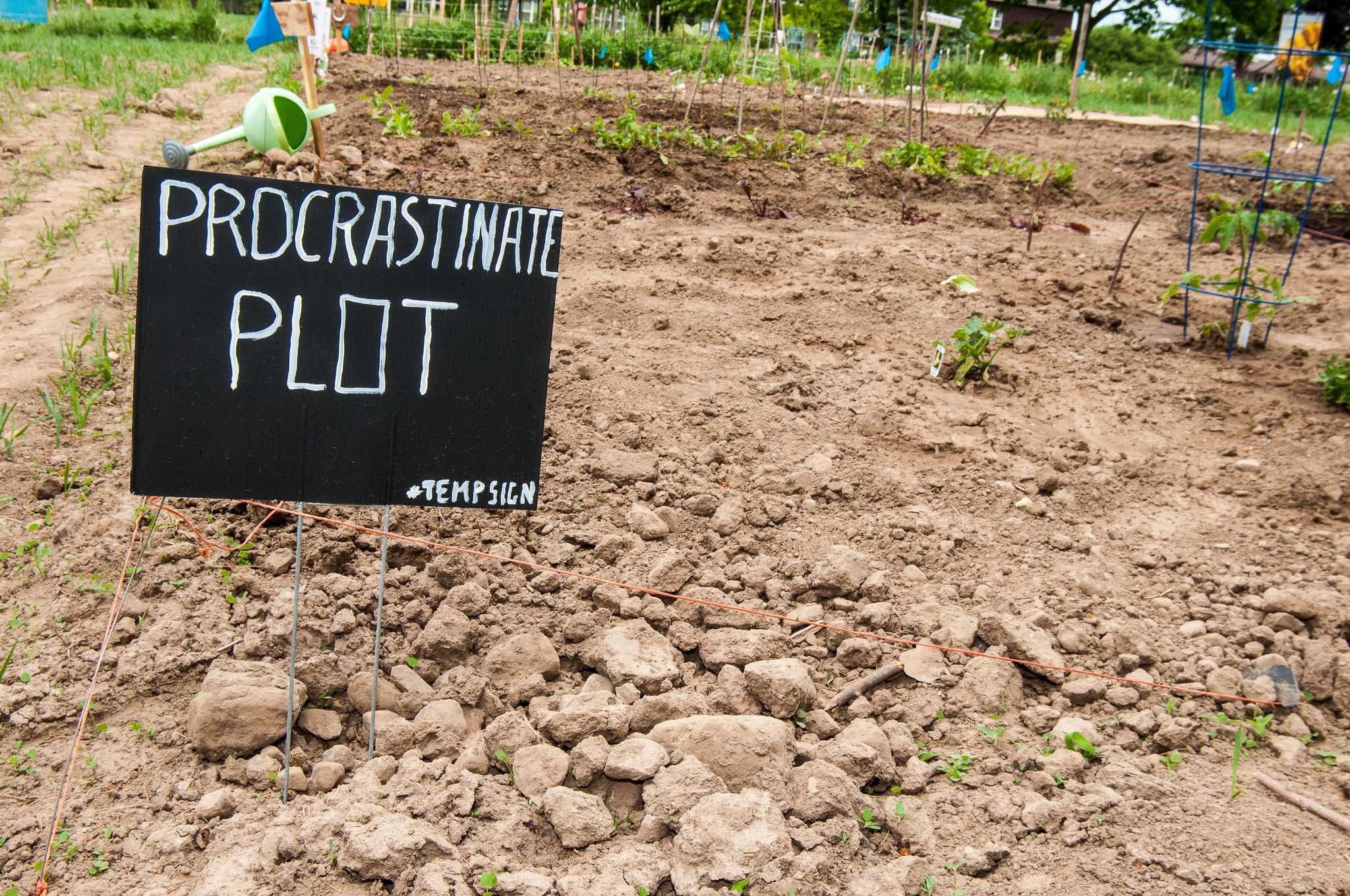procrastination
-
Pro Tip for the Week: Procrastinate Productively
I bet I got you at “procrastinate,” didn’t I? All of us…
-
Use Writing Procrastination to Your Advantage
Every writer has complained about procrastination at some point. I could be…
-
4 Best Tips to Kill Procrastination
“I love deadlines. I love the whooshing noise they make as they…
-
10 Procrastination-Killing Quotes by Writers, for Writers
Editor’s note; This post was written by Jennifer Parris, career writer at FlexJobs,…
-
Are You a Precrastinator or Procrastinator?
Pre-what? That’s what first came to mind when I read the word…
-
10 Habits of Successful Freelance Writers
For most of the Freelance Writing Jobs community, it’s not enough to…
-
Freelance Writing Jobs You’re Not Feeling: 3 Tips for Getting Through the Clunkers
Five or six years ago, I wrote a bunch of articles for…


